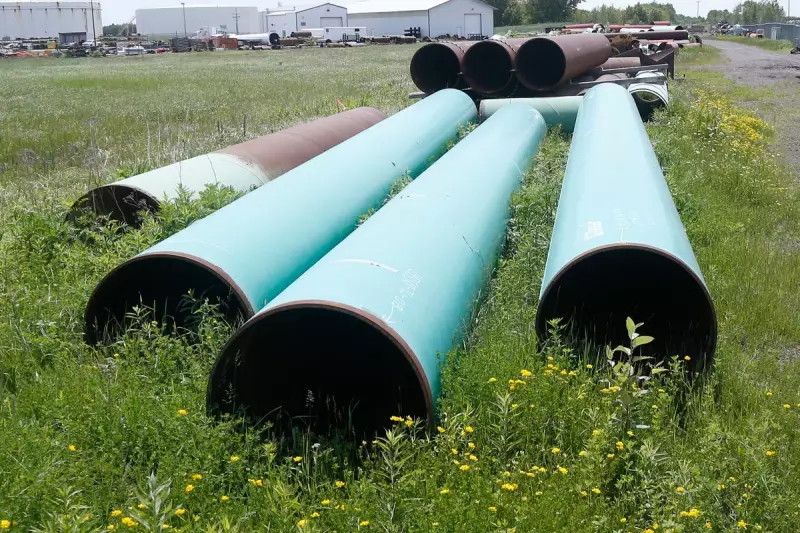
Former President Donald Trump has ignited a political firestorm in the American Midwest after suggesting he would consider lifting longstanding protections against oil drilling in the Great Lakes region.
During a recent fundraising event, Trump reportedly told donors he would reverse current safeguards that prevent energy exploration in the environmentally sensitive area, claiming such restrictions were hindering American energy independence.
Michigan Governor's Fierce Response
The comments prompted an immediate and forceful response from Michigan Governor Gretchen Whitmer, who declared "not on my watch" when addressing the potential threat to the region's most precious natural resource.
"The Great Lakes are the heart of our state," Governor Whitmer stated. "They provide drinking water for millions, support our economy through tourism and fishing, and represent an irreplaceable natural heritage that we have a duty to protect for future generations."
Bipartisan Protection Under Threat
The Great Lakes have enjoyed broad bipartisan protection for decades, with both Democratic and Republican administrations maintaining strict prohibitions against oil and gas drilling in the watershed. Trump's comments signal a potential dramatic shift in federal environmental policy should he return to the White House.
Environmental organisations have expressed alarm at the prospect, warning that any drilling activity could have catastrophic consequences for the world's largest freshwater system.
Economic and Environmental Stakes
The potential policy reversal raises significant concerns about:
- Drinking water safety for over 40 million people
- Threats to the $6 trillion regional economy
- Potential ecological damage to fragile aquatic ecosystems
- Impact on tourism and recreational industries
- Long-term environmental legacy for the region
As the political battle over energy policy intensifies, the future of one of North America's most vital natural resources hangs in the balance, setting the stage for a major environmental showdown in the coming election cycle.





